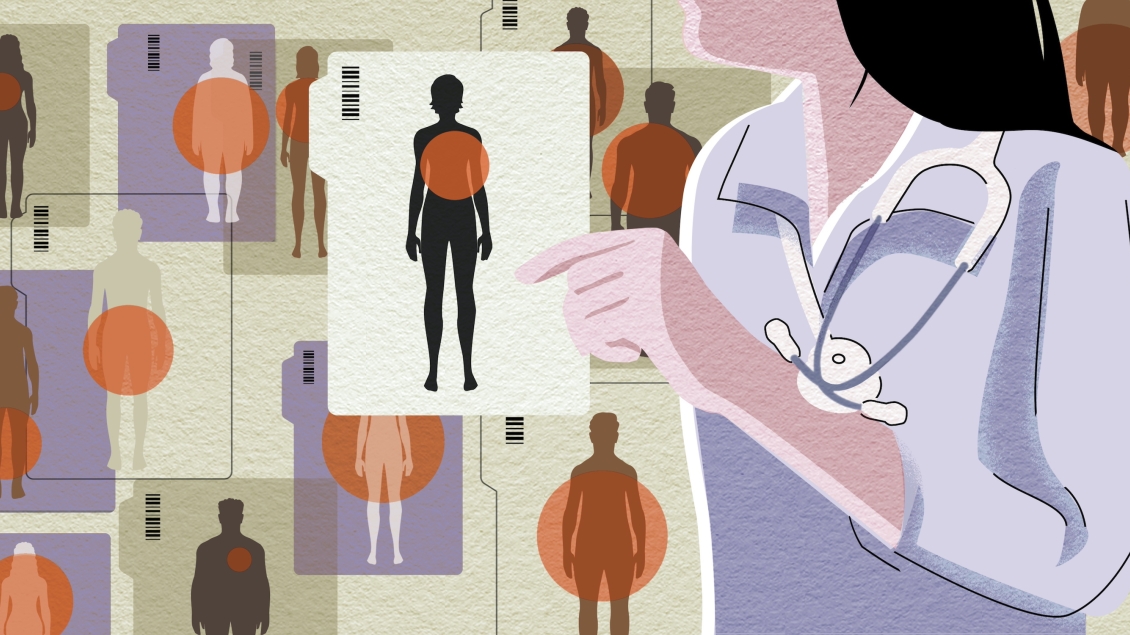
Pioneering Empirical Research in Bioethics, Decision Science, and Health Communications
The goal of CBSSM’s empirical bioethics, decision science, and health communications research is to apply cutting-edge legal and social science methods both to understand all types of medical decision-making processes at individual, clinical, and policy levels and to design and rigorously evaluate ways to improve them. In particular, CBSSM has extensive experience in developing, programming, conducting, and publishing survey research on a wide range of topics.
Advantages of Internet Surveys:
While phone-based and paper-based surveys will always have their place in health research, Internet-administered surveys have several key advantages for research on medical decision making, health communication, and empirical bioethics.
Using the Internet to conduct survey research is very efficient: We can develop and test surveys in only a few months' time, and once a survey is ready, large scale data collection (e.g., 1500-3000 completed surveys) can be completed in only a few weeks. Such surveys can also be cost effective, since while significant effort goes into development, creation, and testing of the survey, almost no personnel effort is required for data collection, entering, coding, or cleaning.
Internet-administered surveys can use large, demographically diverse samples obtained through commercial survey research firms. This methodology allows us to tailor the population being surveyed on multiple demographic variables (e.g., sampling only women age 40-75 for a study about breast cancer treatments or for adults with a history of depression) and provides us with ample statistical power to conduct multi-factorial experimental tests. The use of randomized designs, which are easy to do in modern survey tools such as Qualtrics, ensures high internal validity for the research despite the use of an Internet-only sample.
Democratic Deliberation methods combine education by experts with guided discussion among peers to deliver informed opinions and suggestions to policymakers and other concerned stakeholders. It is a cooperative process that allows participants to respond to, and build on, the interests and perspectives of their fellow deliberators. The deliberative process generates policy recommendations, as well as the rationales underlying those recommendations. Democratic Deliberation provides a practical and reliable approach for soliciting the informed and considered opinions of lay participants, empowering them to shape policy on complex issues (Waljee, 2020).
CBSSM faculty and staff are experts in democratic deliberation. To request more information, please contact CBSSM-mgr@umich.edu.